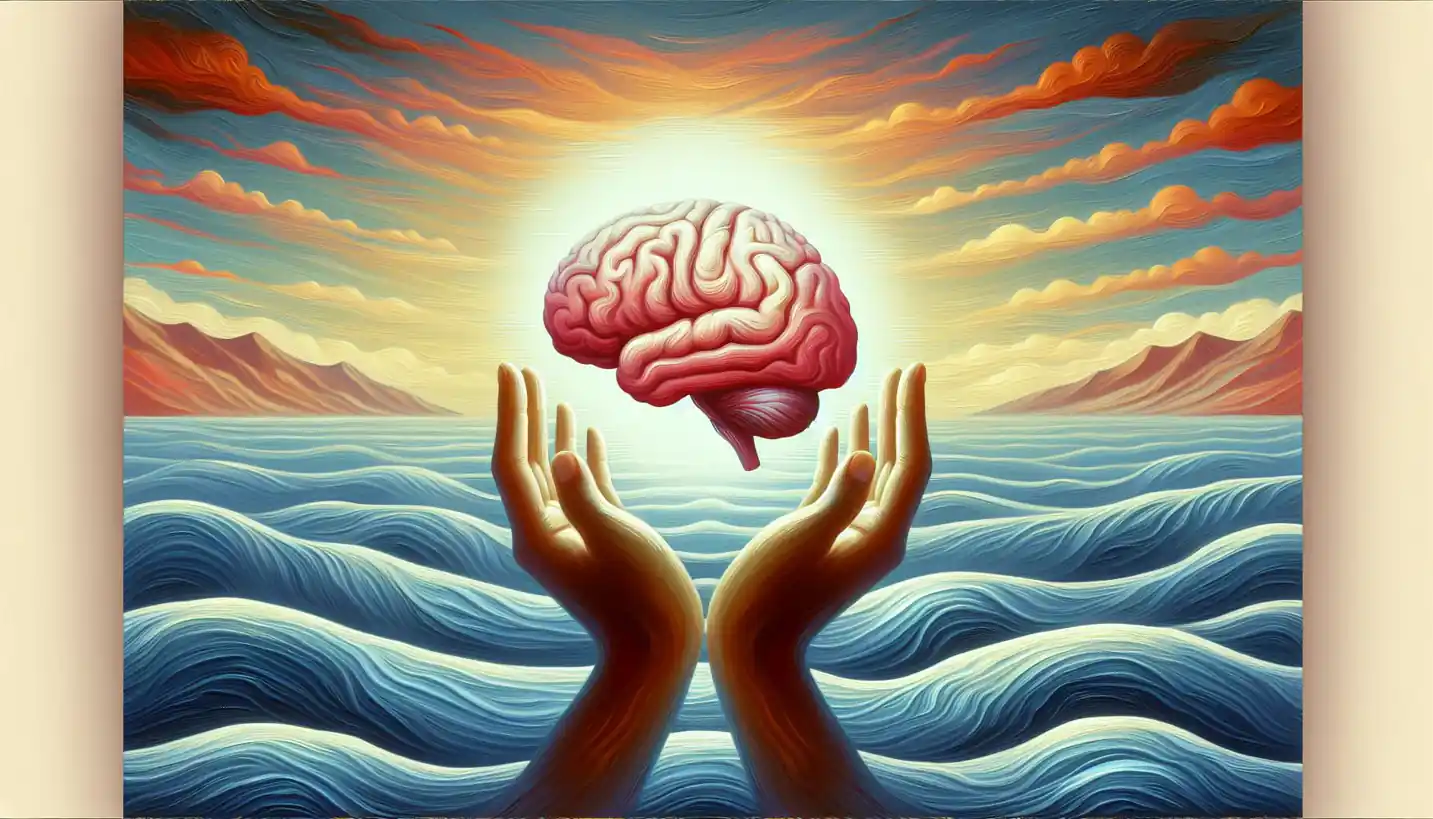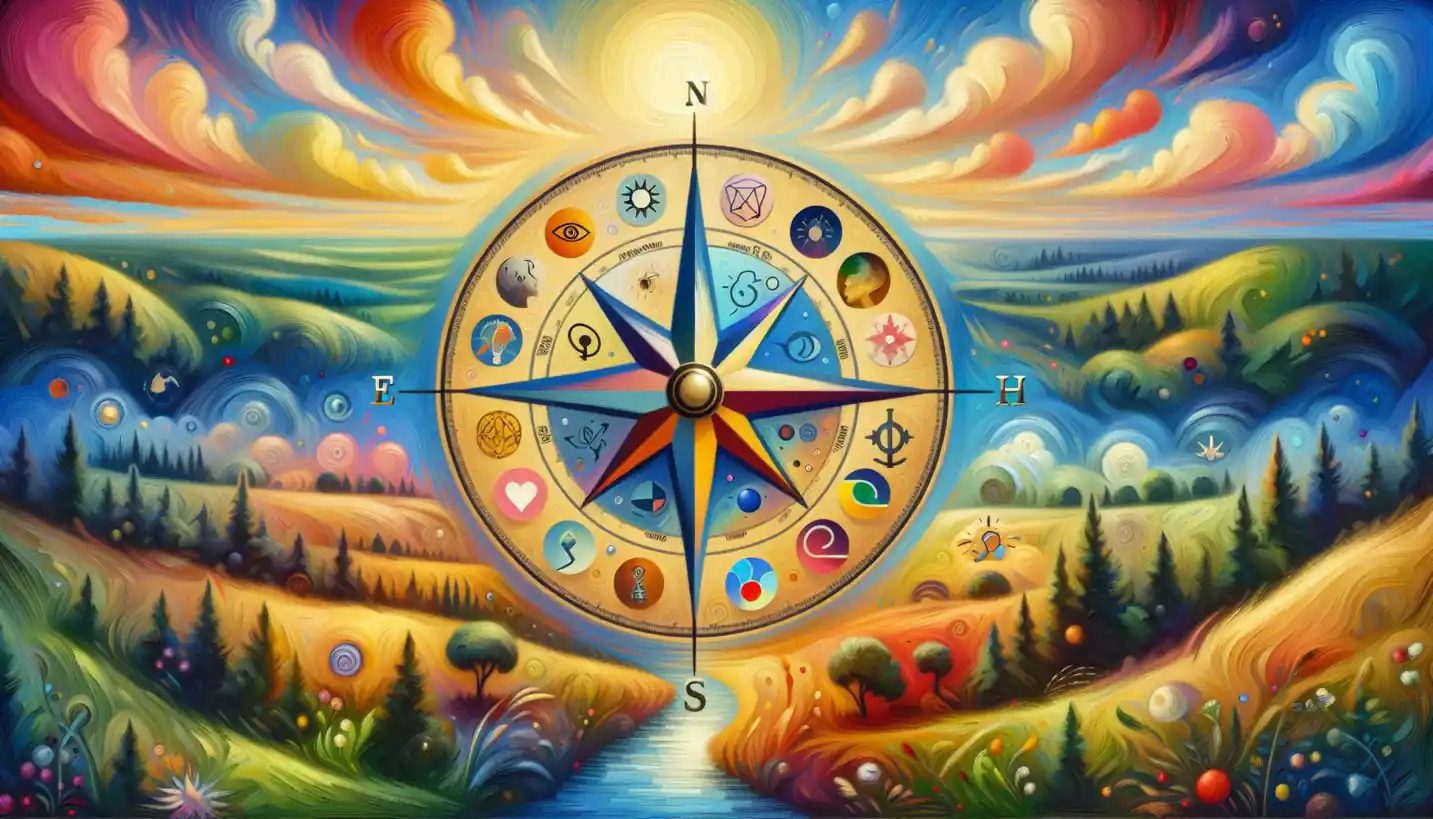· Psychology · 4 min read
Cognitive Aging: Understanding the Mind's Journey Through Time
Cognitive aging explores how age impacts our mental processes, offering insights into the changes our minds undergo over time.

Memory sometimes works like a cluttered attic. As we age, sifting through all those stored memories can get a bit tricky. Cognitive aging is a fascinating area of study in geropsychology and psychology. It explores how our thinking processes evolve as we grow older, shedding light on both challenges and surprises of the aging mind.
What Is Cognitive Aging?
Cognitive aging refers to the natural changes in our mental abilities as we age. It’s not about diseases like Alzheimer’s but rather the usual shifts in memory, attention, and problem-solving skills that come with time. Think of it like an old computer that might take a little longer to boot up but still runs the programs you need.
The Science Behind It
The human brain is a complex network of connections. As we age, these connections can weaken, but this doesn’t mean we lose our intelligence. It’s more about the speed and efficiency of processing information. Just like highways, some roads remain smooth while others might develop a few bumps.
Memory: The Time Capsule
One of the most noticeable changes with cognitive aging is in our memory. Remembering a name or where you left your keys might become more challenging. This is often due to changes in the hippocampus, a part of the brain critical for forming new memories.
But here’s an interesting twist: while short-term memory might falter, long-term memory often remains robust. So, your grandma might recall a story from her childhood with vivid detail while forgetting what she had for breakfast.
Staying Sharp: The Resilience of the Brain
The human brain is remarkably adaptable. This quality, known as neuroplasticity, means that with the right activities and habits, we can keep our brains active and healthy. Engaging in puzzles, learning a new language, or even socializing can help maintain brain function.
Also, physical exercise is like a superfood for the brain, improving blood flow and promoting the growth of new neural connections. So, a brisk walk or a dance class might be just what the doctor ordered for a sharp mind.
The Emotional Upside
Cognitive aging doesn’t just bring challenges; it also brings unique benefits. Older adults often have better emotional regulation, meaning they’re adept at handling stress and emotions. Life experiences contribute to this wisdom, offering a more balanced view of life’s ups and downs.
Imagine life as a book; as pages turn, we gather insights and learn to see the broader picture. This emotional intelligence is a treasure that often blossoms with age.
Cognitive Reserve: A Brain’s Secret Asset
Some people seem to defy the typical patterns of cognitive aging. Scientists attribute this to something called “cognitive reserve.” It’s like a hidden savings account that your brain can draw upon to adapt and function despite challenges.
Lifelong learning, education, and mental challenges build this reserve. It’s never too late to start creating your cognitive reserve; staying curious and mentally active is key.
Breaking Stereotypes
Cognitive aging doesn’t mean inevitable decline. By understanding it, we can break the stereotypes often associated with aging. Emphasizing abilities rather than limitations can inspire a more positive outlook on aging.
Many older adults continue to engage in meaningful work, lead active social lives, and contribute to their communities. Imagine a world where all generations embrace the strengths of cognitive aging.
The Future of Cognitive Aging Research
The field is continually evolving, offering exciting potential for future discoveries. Researchers are probing into the relationships between genetics, lifestyle, and cognitive aging. Understanding these factors could lead to personalized strategies to support mental health in our later years.
Innovations in technology, like virtual reality and brain-training apps, are also promising tools for enhancing cognitive abilities. These technologies might one day become standard tools in maintaining mental agility.
Wrapping Up: Embracing the Journey
Aging is a journey, and understanding cognitive aging is like unfolding a map of this journey. By embracing the changes and recognizing the value older minds bring, we pave the way for a society that cherishes wisdom and experience.
In the end, cognitive aging is not just about decline but a complex process filled with potential for growth, adaptation, and joy. It’s about celebrating the journey of the mind, and all the stories, experiences, and knowledge it carries along the way.


